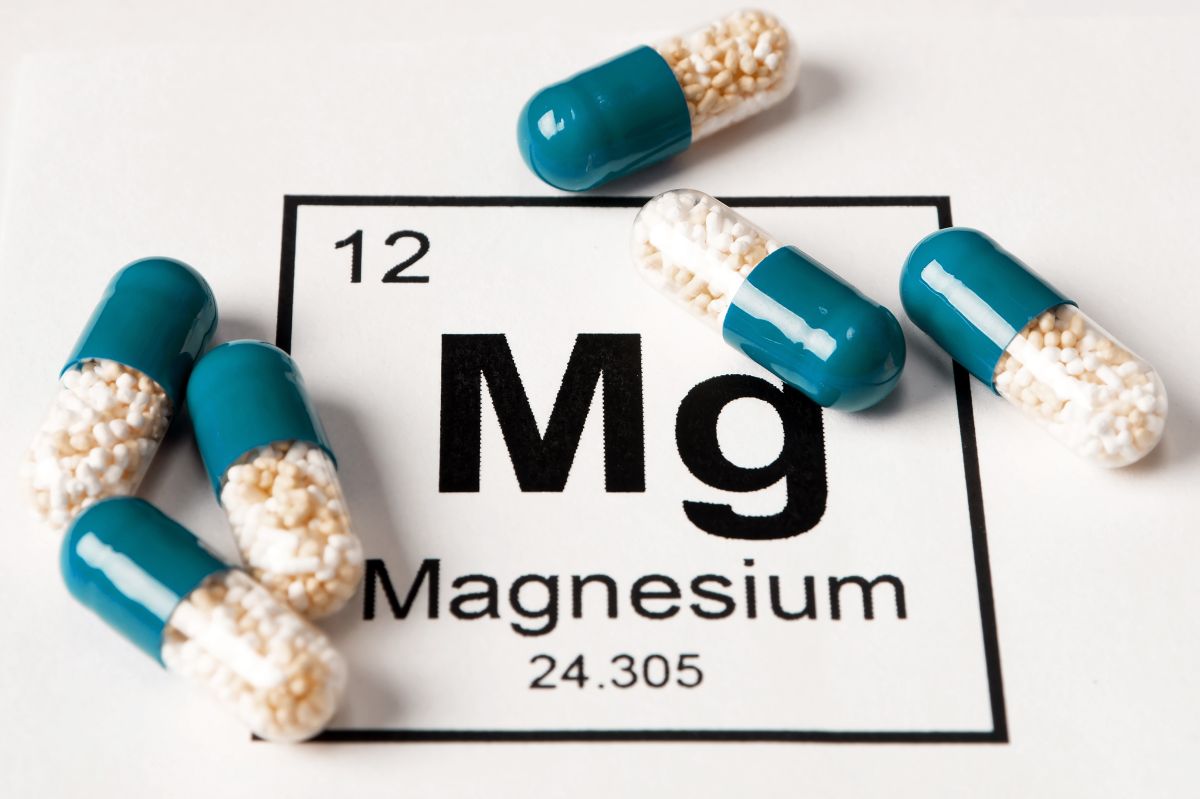Magnesium is the eternal invisible warrior. This mineral element occupies a fundamental place in the maintenance of life. Good health in childhood, youth or adulthood depends largely on its levels in our body.
Today it has become common to hear about pathologies such as osteoarthritis, high blood pressure, insomnia, tachycardia, anxiety, heart attacks and many more. They all have to do, directly or indirectly, with magnesium.
Why is it so important?
More than a mineral, it is a regulator that maintains others such as sodium, potassium, chlorine and calcium in the correct balance, within and outside the cell. Without magnesium, the heart could not work. It is essential in the cycle of contraction and cardiac relationship, it provides elasticity to vessels and arteries, and makes muscles flexible. It is essential in the process of energy production in the mitochondria, in addition to intervening in the metabolic cycle of carbohydrates, proteins and fat burning.
The brain is dependent on magnesium, since that, without it, neurons cannot communicate. The bone marrow needs generous amounts of magnesium to divide blood cells, maintain immunity, and regulate the body’s acid-base balance. Some medical schools say that most heart attacks involve low magnesium levels.
How do I know if my magnesium is low?
It is difficult to find low magnesium in the blood, since there the body always tries to regulate it. If it goes too low, it could stop the heart. For this reason, a study of hair or electrolytes in sweat and saliva should be carried out.
Another form is clinical: insomnia, tiredness, easy fatigue, tachycardia with palpitations, extrasystoles, low muscle strength, a lot of soreness after exercising for days and days, fibromyalgia, osteoarthritis and rheumatic symptoms, hair loss, anemia that does not resolve with iron and vitamin C, bruises, headaches or migraines, high blood pressure, insulin resistance, early aging and poor flexibility of the musculoskeletal system…
How to avoid it?
Eat green leafy vegetables, nuts (such as almonds and walnuts), tubers, potatoes, yucca, fruits such as bananas, fish and algae. All this is fine, but in modern times of so much stress, we should supplement ourselves with magnesium for life, always under medical supervision.
http: //www.DrLuisMontel.com
